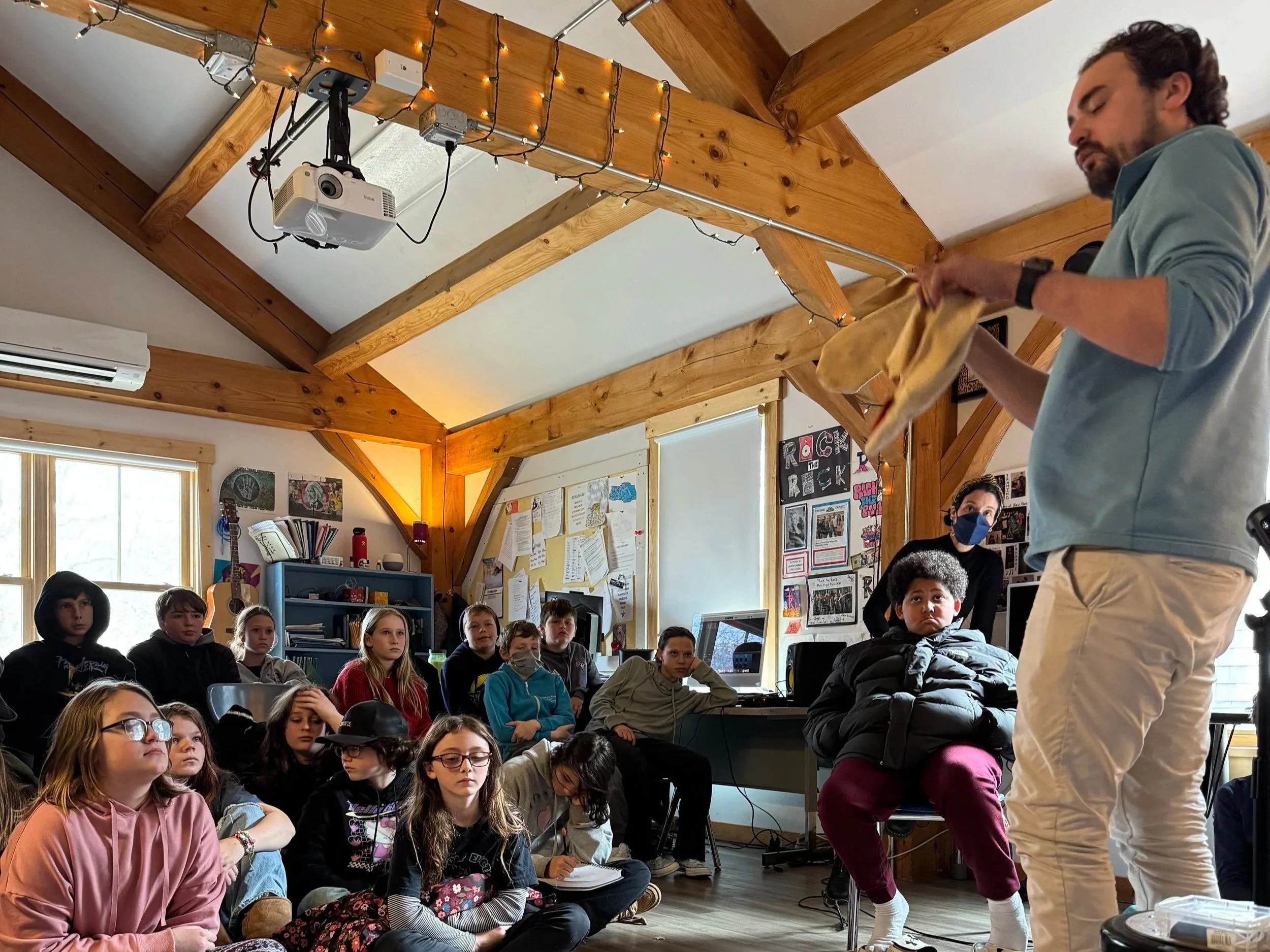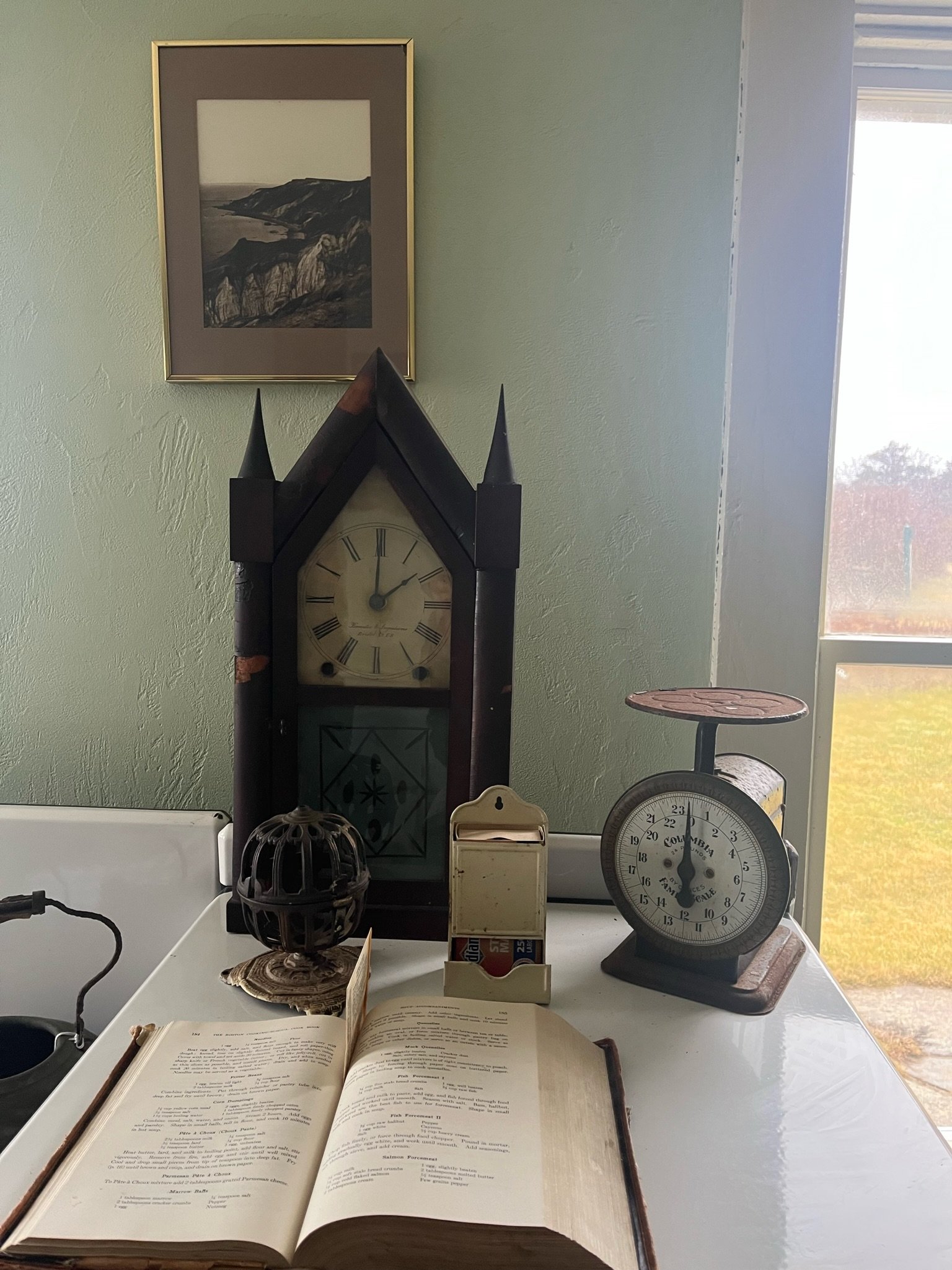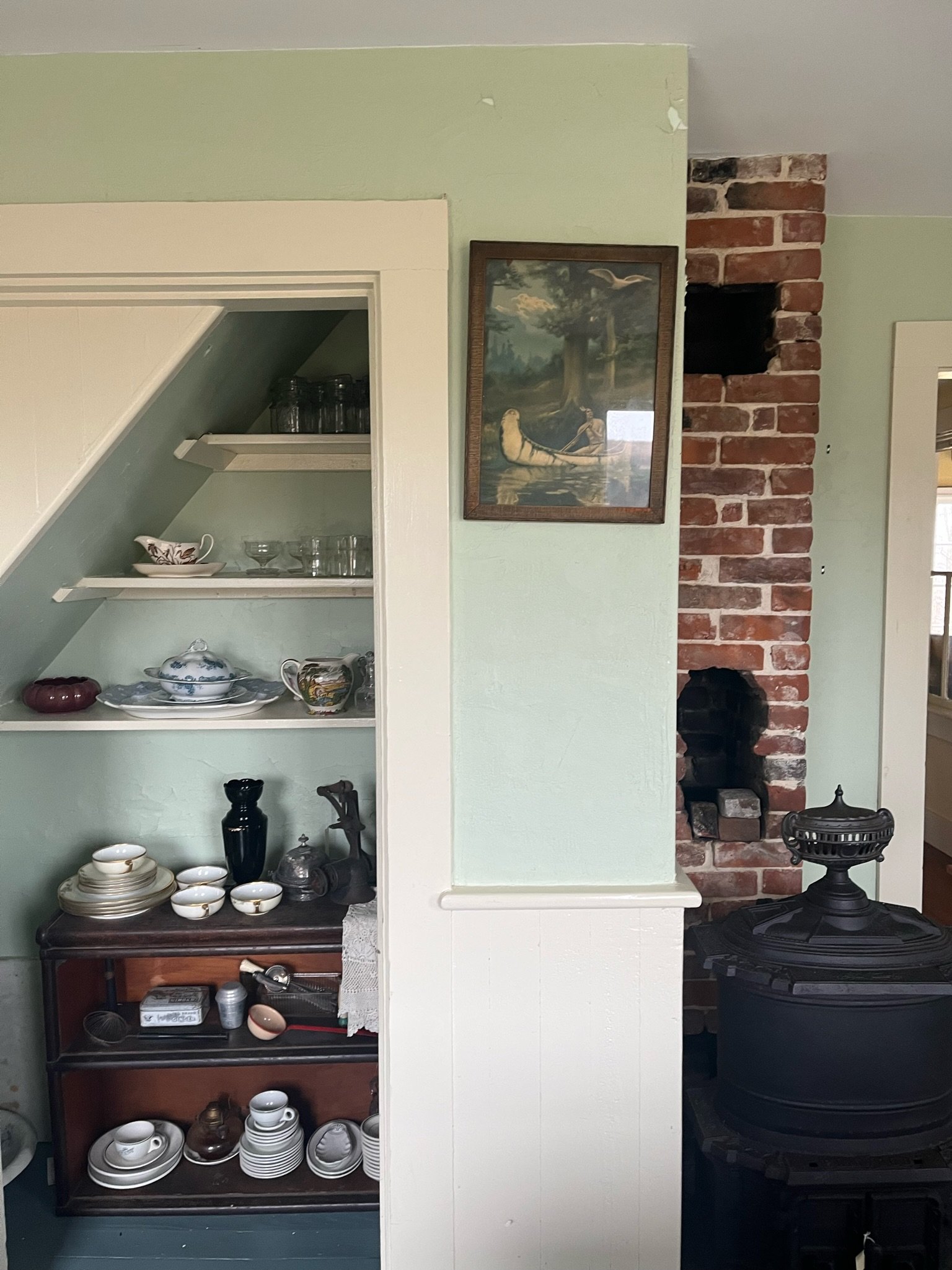EDUCATION & OUTREACH

CLASSROOM & ORGANIZATION VISITS
Currently, we have the following workshops formally packaged for schools and are in the process of developing more.
-
Description: What does it mean to be happy? To be well? These are questions that all human beings seek answers to. In this workshop we engage in dialogue around the notion of happiness and well-being, their interconnections, and how these concepts are manifested historically and contemporarily in Wampanoag culture. Having lived in the region for over 12,000 years, Wampanoag people have developed sophisticated systems of medicinal, spiritual, emotional, and social well-being. We discuss this legacy in this workshop, as we also explore what participants do and want to do to seek out wellness and happiness. Participants will leave feeling more informed about concepts of well-being and happiness in Wampanoag culture.
Duration: 1 Hour (Can Adjust to Class Times)
-
Description: Since time immemorial Wôpanâak people have shaped the world around us, leading to creations connected to the land, waterways, and our non-human relatives. From soapstone to wood, weaved mats of cedar and cattails and more, come to learn about the world of Wôpanâak creations and material culture across time. Participants will have the opportunity to view and discuss historical and contemporary creations and their meanings throughout this workshop before engaging in an opportunity to discuss cultural boundaries and opportunities for collaboration or appreciation around creation. To conclude, we will get our hands busy and have an opportunity to create a belonging associated with the materials discussed that respects cultural boundaries.
Duration: 1.5 Hours (Can Adjust to Class Times)
-
We do custom designed presentations/workshops for schools and organizations with advanced notice year round. These presentations and opportunities can cover a wide variety of topics, including:
Island Wampanoag Culture, History, and Lifeways
Past, Present, and Future Wampanoag Realities
Traditional Ecological Knowledge, Relationships With The Land/Water, and Climate Change
Indigenous Experiences in School (This can include Colonial Schools and Practices, Boarding Schools, and Contemporary Schooling)
Indigenous Literature and Learning Resources
Tribal Sovereignty and Civics
Wampanoag Continuance After King Philips War
Indigenous Enslavement
Traditional Relationships with More Than Human Relatives (Animals, Plants, etc.) (Possibile to Focus on Whales and Whaling)
Storytelling and Story Sharing
If there is an idea or topic you’d like to discuss that wasn’t addressed above, please contact us here.







